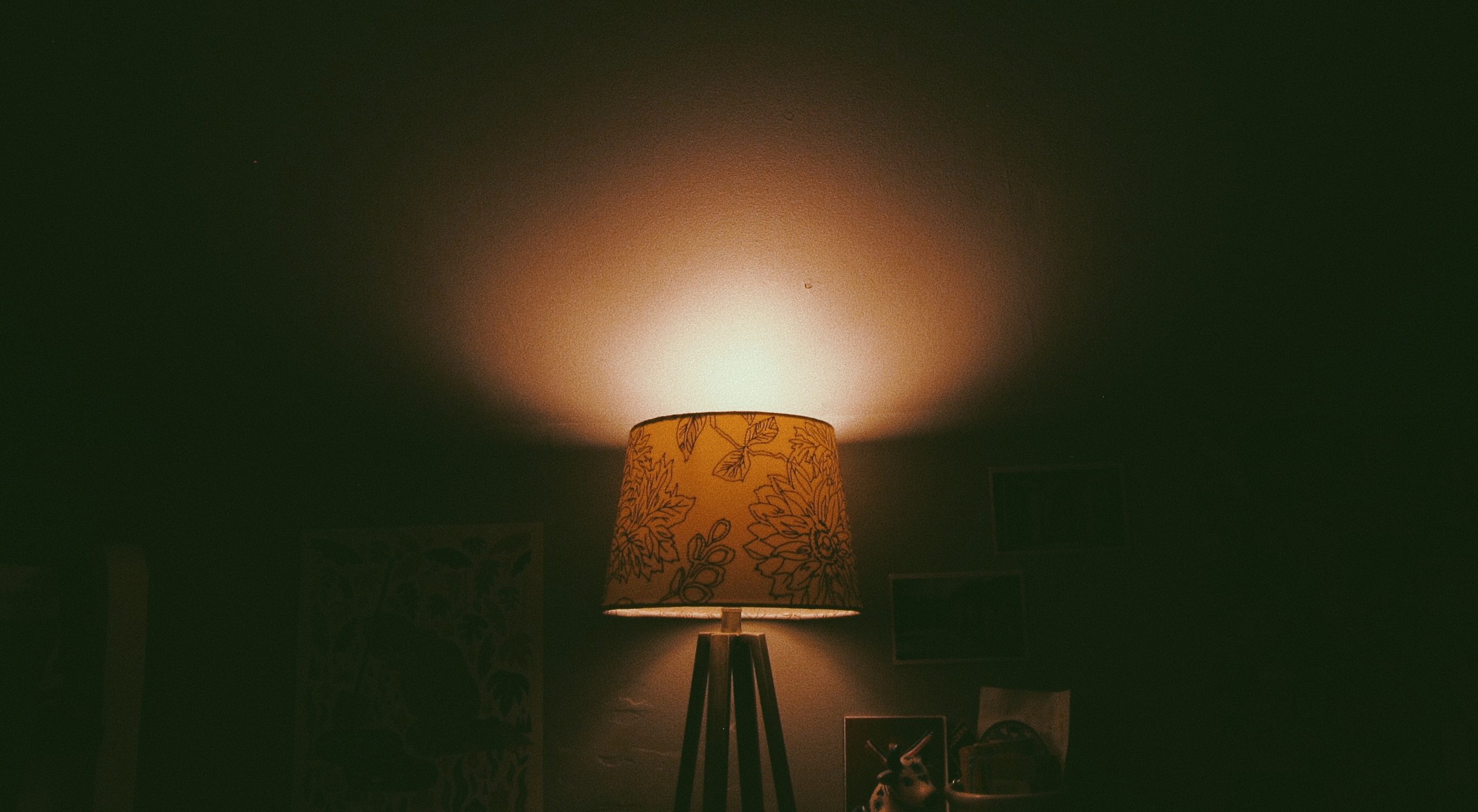Emotional Abuse and (Netflix’s) You: Overlooking Emotional Abuse in the Name of Love
TW: emotional abuse, physical abuse, violence
What are you more afraid of?:
- Emotional Abuse
- That romantic love doesn’t exist
Are you willing to overlook the first to soothe your fear of the second?
Netflix’s pseudo-romantic thriller You gets us to ask ourselves just that: how much will we overlook in order to maintain a fantasy of love?
If you haven’t seen the show, I’ll quickly summarize (Major Spoilers Ahead!):
Classically hot bookstore clerk Joe meets classically hot ‘Beck.’ They banter over classical literature and both appear to be romantic intellectuals who would be perfect for each other. But from as early as the first episode, it is clear that our protagonist Joe is not who he first seems to be. Over the course of the show, Joe stalks, kidnaps, and even kills multiple people in the name of his “love” for Beck. He’s possessive and controlling, he constantly tries to isolate her from her friends, and romanticizes her to a point where she’s not even a person to him- she becomes nothing but a prize to be won, something the world owes him for what he thinks is his misunderstood romantic goodness. ‘He’s not like other boys’, he’s special. He’s willing to kill for love.
Despite all of this, as an article written by Roisin Lanigan for i-D[1] points out, there is a disturbingly large amount of viewers who not only want Joe to end up with Beck but even acknowledge his abusive and violent behavior and endorse their romance anyway. Lanigan’s article does an excellent job identifying how the show works as a psychological thriller through its effective use of first-person inner-monologues: “[It is easy] to slip into Joe’s way of thinking and even to sympathize with him. Horror really takes on another layer when it makes you complicit with a killer, and that uncomfortable complicity is deliberate, according to author Caroline Kepnes, who wrote the novel on which You is based.”
As for the real-world implications of the show, I think it is a valuable tool for self-examination: You holds a mirror to us and forces us to confront why we are willing to overlook so much abusive behavior – in movies and real life- in the name of “love,” as well as to confront our fears about love itself. So, returning to my first question: which do you fear more? Emotional abuse or that romantic love doesn’t exist? This question is complicated for many reasons, especially because people in emotionally abusive relationships often don’t realize that they’re being abused. But on the whole, we as a society have very warped ideas about what love is and looks like. Scholar bell hooks sheds some light on the subject.
We often mistake abuse for passion and take it as a sign of love. In her book All About Love: New Visions[2] hooks writes:
“All too often [people] believe it is a sign of commitment, an expression of love, to endure unkindness or cruelty, to forgive and forget (page 137).” hooks refuses this idea, writing that, “abuse and neglect negate love. Care and affirmation, the opposite of abuse and humiliation, are the foundation of love. No one can rightfully claim to be loving when behaving abusively.”
ALL ABOUT LOVE: NEW VISIONS BY BELL HOOKS, PP. 22
hooks also notes that our society has no real definition of love, and that we let media depictions dictate what love looks like. This has meant dramatic, unhealthy depictions of love – stalking, harassment, emotional abuse, gaslighting, even outright violence – as we see in The Notebook (2004, Cassavetes), Fifty Shades of Grey (2015, Taylor-Johnson), and many others. Meanwhile, Netflix’s You takes the classic tropes to an extreme and shows us just how warped these ideas of love are despite our fears that love may not exist. In the second episode (playfully titled “The Last Nice Guy in New York”), Joe himself even says that “it’s a miracle love ever happens, if it’s not a myth,” hitting us all right where it hurts. But as bell hooks writes, “Young people are cynical about love. Ultimately, cynicism is the great mask of the disappointed and betrayed heart (xvii).”
So, where do we go from here? How do we untangle our warped perceptions of love and begin to address our fears about the existence of love? Well, hooks offers this:
“To truly love we must learn to mix various ingredients – care, affection, recognition, respect, commitment, and trust, as well as honest and open communication.”
ALL ABOUT LOVE: NEW VISIONS BY BELL HOOKS, PP. 5
Notice that control, manipulation, stalking, idealization, and other aspects of emotional abuse are not part of this definition. Romantic love is real, but we must stop overlooking emotionally abusive behavior to try and prove this. We have to take red flags seriously, trust our guts, and know that love doesn’t look like people like Joe, even if they aren’t literal murderers.
[1] i-D …the problem we still have separating romance from abuse
[2] All ABout Love: New Visions by bell hooks


Learning Significance